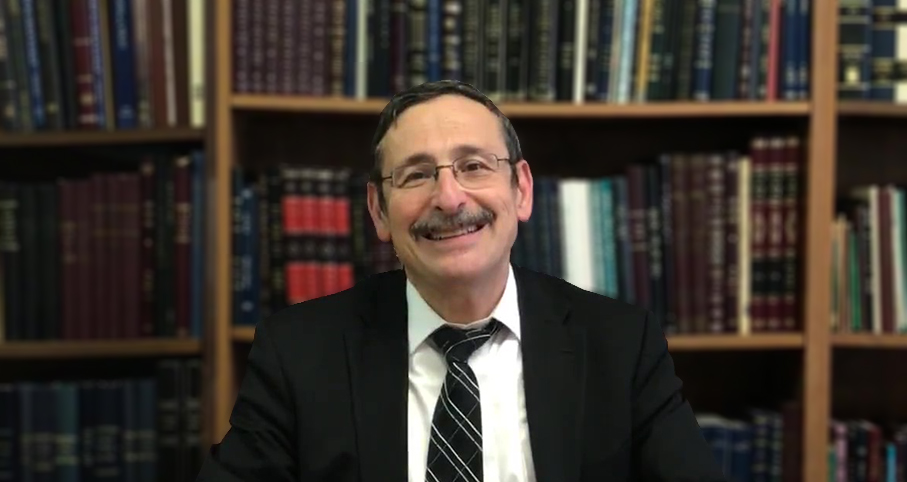- Torah Portion and Tanach
- Noach
190
Having decided to re-boot Creation (again beginning with water!), G-d tells Noach, "Asey l’cha" - build for yourself an Ark. I’m intrigued by the superfluous expression, "L’cha" - for yourself. G-d could simply have said, "Build an Ark." What is being added by this tiny word "L’cha?"
Rashi explains that Hashem wanted the local populace to focus on Noach, a well-known figure in his community, & seeing him building this massive boat, they would inquire about it. Hopefully, they would then be motivated to pursue a higher moral level when told that they were standing, literally, on the Eve of Destruction.
Others explain the l’cha as an indictment of Noach: YOU failed to influence your neighbors, allowing them to continue their animalistic behavior; now YOU will forced to keep the company of real beasts & animals in the ark!
But there is a more positive view of the "you." Note that Noach is connected & compared to his successor Avraham, as well as to his future descendant Moshe (he also survives in a Tayva, an ark!) by the word L’Cha: Hashem tells Avraham, Lech-L’cha; YOU go to Israel; & He tells Moshe, P’sal L’Cha; YOU hew stone tablets (for the Luchot of the 10 Commandments). But what exactly is the connection between them and the word "you?"
These 3 heroic figures were loners. Avraham is called Ha-Ivri, he who lives on the other side. This is not just a geographical note (he lived across the Euphrates). It’s also philosophical: Avraham was prepared to uphold his belief in One G-d even if he was the only one in the entire world who believed it, even if he was on one side of the divide & everyone else on the other.
Moshe also was a solitary figure. "Am I an Egyptian, or a Hebrew?" he asks himself as he question his identity. He cries to G-d: How can I bear this People alone?! Clearly, he stood apart. Noach, too, is very much left on his own. A decent man in a corrupted, perverse world, he cannot convert a single person in the course of 120 years. But you know what? Sometimes, a hero must davka stand apart from the masses, blazing new trails rather than simply going along with the crowd.
Tennyson said it best: "Nothing is better than this, when known; that every hard thing is done alone."

A Tale of Four Cities
Rabbi Jonathan Sacks | 13 Tishrei 5784

Terach's Travels
Parashat Noach
Rabbi Shalom Z. Berger | 5765

The Torah’s Instructions to Non-Jews—The Laws of Bnei Noach
Rabbi Yirmiyohu Kaganoff | 5771

Who Were the Tower Builders? – part I
Rabbi Yossef Carmel | Cheshvan 2 5781

Were there Fasts in the time of the Second Temple?
Rabbi Yosef Tzvi Rimon | 5778

Reciting Aleinu Along with the Tzibbur
Rabbi Daniel Mann | Tevet 23 5776

Parashat Vayechi - Questions
Various Rabbis | 5772

A Woman's Obligation to Pray
Rabbi Eliezer Melamed | 5766

Ask the Rabbi: Selecting Things to Use Later on Shabbat
Rabbi Daniel Mann | Iyar 5785

Daf Yomi Shevuot Daf 7
R' Eli Stefansky | 10 Iyar 5785

Daf Yomi Shevuot Daf 6
R' Eli Stefansky | 9 Iyar 5785









